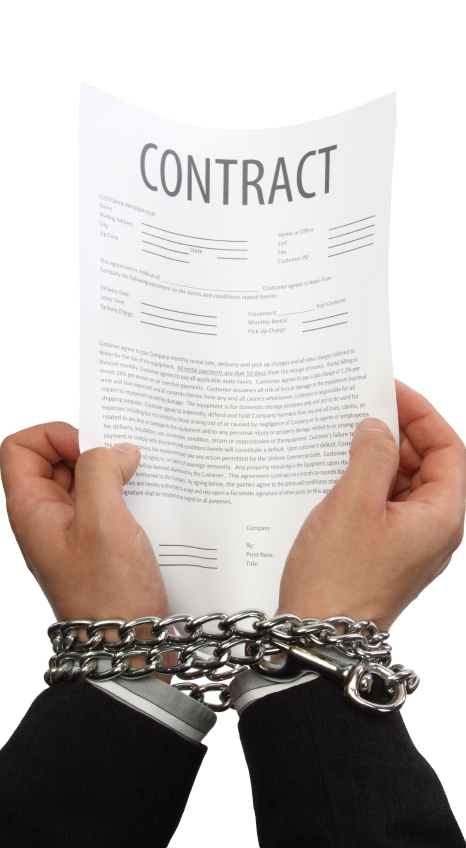In a previous post, we provided “8 reasons to have a will.” In this article, we would like to take this to the next stage and discuss how to go about planning for and executing a will.
Procrastination is so easy for most of us. You’ve made a good decision; don’t put it off. The tips below will help you start thinking about the things that will be important to you as you get ready to meet with an attorney about writing a will.
- Set a deadline. Life can get in the way of things we don’t prioritize. Plan to have it done by the end of the year or by your next birthday or anniversary.
- Become an educated consumer. It is much better to become educated about the basics of estate planning on your own time than to pay an attorney or other professional to educate you. Save your money for questions about your specific situation. There is good general information available online and in books written specifically for consumers. Attorneys often provide seminars on estate planning; these are an excellent way to start your education and to meet local attorneys.
- Organize your financial information. Create a personal balance sheet. Make a listing or spreadsheet of your assets, their market values, any debts against them, and the resulting net values. Be sure to include everything: your home, other real assets, etc. Include your debts. Be honest! Your attorney can do the best job for you if he or she has as much accurate information as possible.
- Make a list of the people and organizations you want to inherit from you. Include their legal names and their relationship to you. Give some thought about whether you want your estate to be distributed right away or over a period of time.
- Give some careful thought to who should be your executor or trustee. Make sure this is someone you are willing to trust with your estate. Give some thought to their location. Your most trusted friend who lives across the country from you may struggle to keep up with distributing your assets from long distance.
- Who do you want to make health care decisions for you should you become unable to make them for yourself? Be sure to consider any specific instructions you want to make now for your care should you be unable to in the future.
- Write down thoughts and questions that come to you as you consider this process. In this way, you’ll be able to recall them when you do sit down with your attorney.
- Yes, you do need an attorney! An experienced estate planning attorney has the technical expertise to draft documents correctly for your state of residence and will know how to make your plan work for you.
If you are concerned about the expense, tell your attorney your concerns. Perhaps you can pay in installments or work out some other way of lowering the cost. Your attorney can help you with this.
Yes, this is a big project, and it can seem overwhelming. But remember why you are doing this: you love your family, and you want to do what is best for them. Once your estate plan is in place, you will have the best benefit of all, peace of mind.
If you have some questions about the process and would like to talk to someone in advance, feel free to call the Saint Meinrad Development Office at 812-357-6501 or toll-free at 800-682-0988.
You can also email our Director of Planned Giving at plannedgiving@saintmeinrad.edu. We cannot provide legal advice, but we would be happy to help you with general questions.






